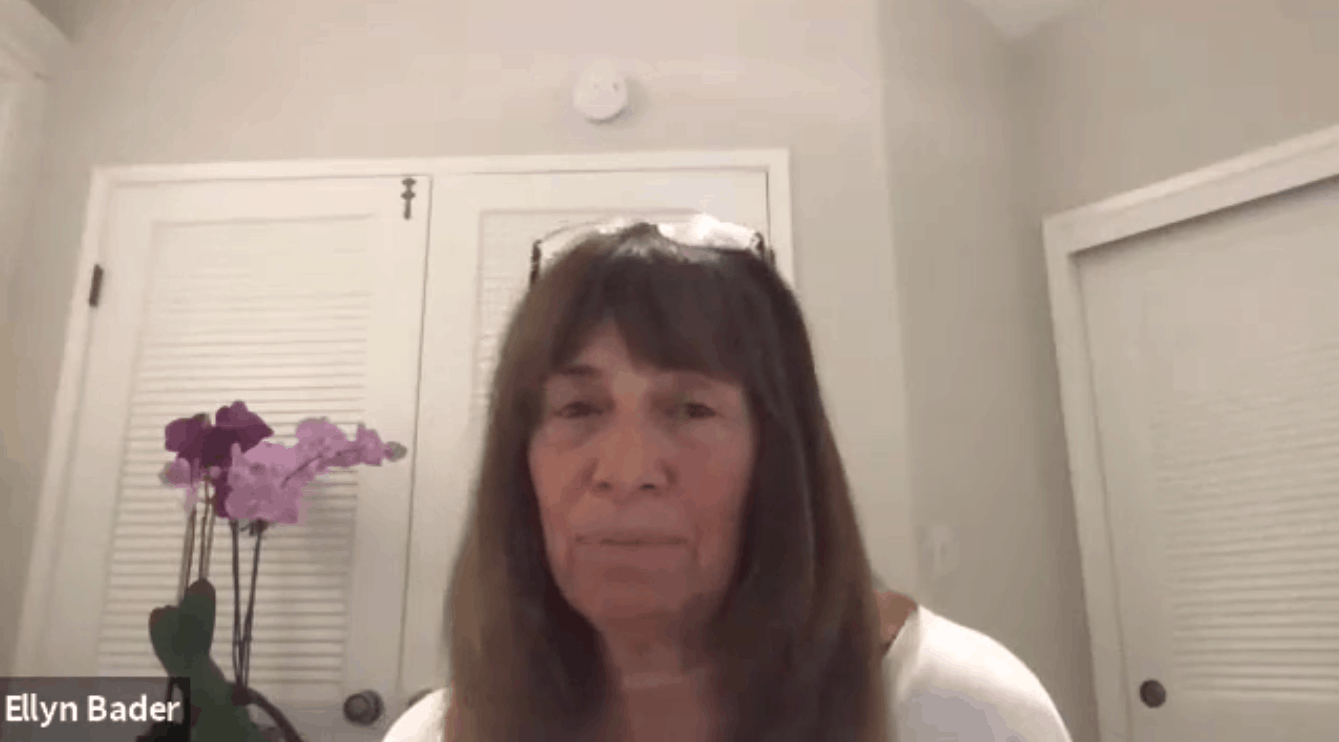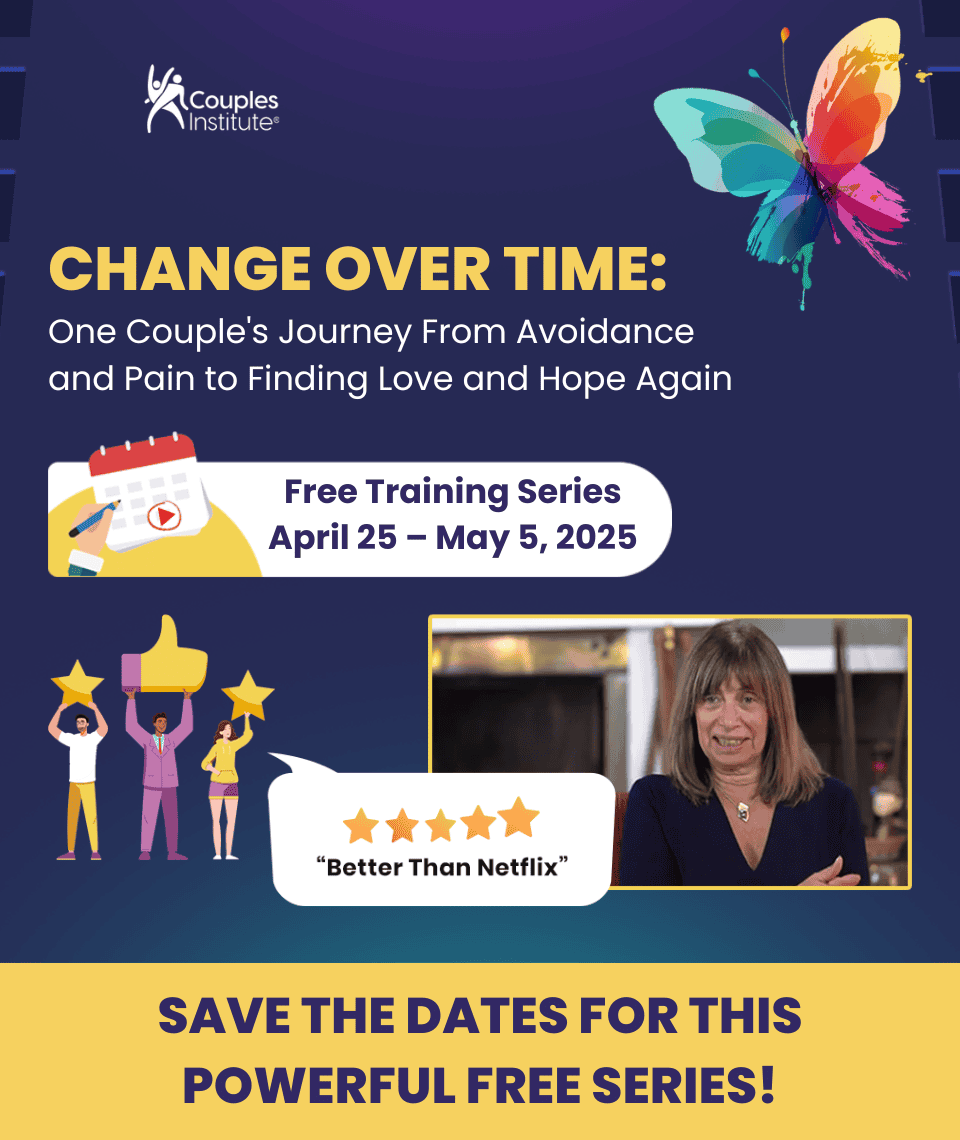Video: Helping couples see the best in each other
It’s like watching a storm roll in. One moment, everything seems fine. Then the couple you’re working with hits a stressful point. Tensions rise. Voices, too. Or maybe a hostile silence falls over the room.
Whatever the pattern, the result is the same. As the conversation turns bitter, progress stalls — and you find yourself searching for a solution.
When partners lose sight of one another
If this couple’s anger seems like a blind force, this might be exactly the point. Trauma from earlier relationships often makes it impossible for them to see each other clearly in the moment.
Partners who lived with emotional abuse and neglect, especially in childhood, may lack any model of constancy and love. They will tend to project the worst qualities of their abusers onto their present partners, which can launch them into fight, flight, or freeze mode.
When this happens, we need to guide them gently back into the present. Even though they’re feeling scared, can they acknowledge the loving, positive things they know about each other?
Small, memorable changes that move couples forward
Fortunately, there are practical techniques for helping couples see and acknowledge the good in one another. As their therapist, you can help them create memorable moments where small but significant changes happen. In noticing these behavioral shifts, you reinforce the repeatable steps that move them toward trust, intimacy, and mutual respect.
We had a great conversation about these patterns in a recent couples therapy training session. Here’s a 4-minute video clip that captures some of the discussion tips and insights you can use in your practice.
Let me know what you think of these suggestions. As always, my goal is to offer meaningful support and advice that will help you feel more competent.


 We respect your privacy.
We respect your privacy.




insightful 3+ minutes. thank you.
Thank you. Please offer ways to help client who holds on to the painful events of the past understand that relentlessness List. And how to stop the pattern of going back
“Insufficient libidinal object constancy” – Wow! It was very good to hear this concept from object relations (if I remember correctly) flow easily in Ellen’s analysis. Marvelous. Thank you.
Gently guiding them back to the present during the session and helping them find ways to do so outside the session. My challenge is often how they integrate the experience ( repeatable steps) during the session into moments of challenge outside the office.
If you go deeper in your encounters you will be aware that it is your personality what works.
Love the little sound bites. Thank you.
Thank you for sharing this. I have a tough couple right now, so every little bit helps.
Very useful and inspiring. Thanks!
Yes, reminding an inflamed limbic system that the partner is safe/solid etc. is quite effective in the moment and lasting. Thx for your articulation.